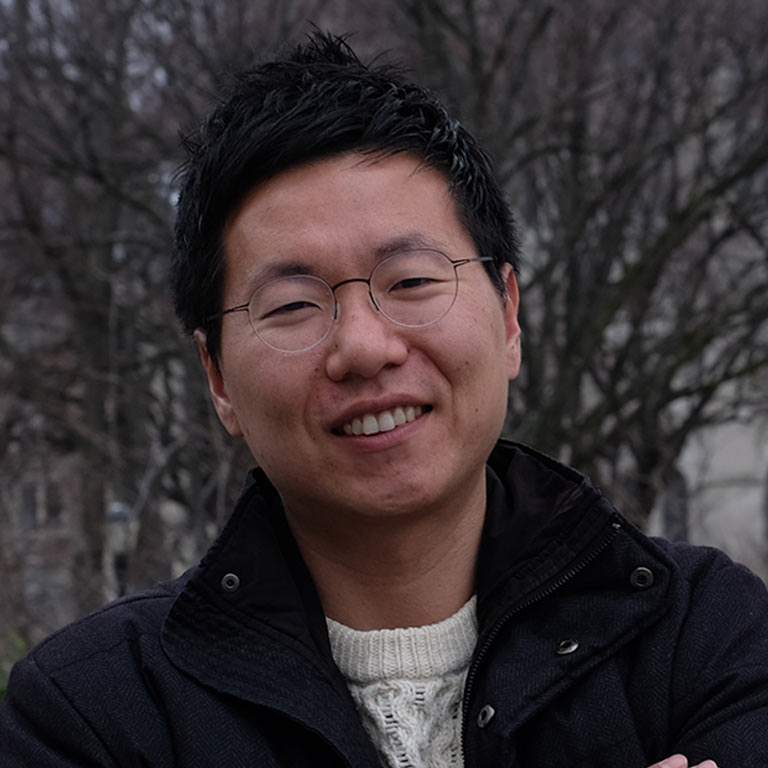Koji Chavez
Koji Chavez In the broadest terms Koji is interested in the social processes within organizations that produce gender, ethnic, immigrant status, and education-based economic inequality in the United States. His current research focuses on a specific social process – hiring – as a source of inequality within organizations. Drawing from a case study of software engineering hiring at a Silicon Valley high technology firm, he studies how hiring decision-makers hire men and women to the same position but for their perceived stereotypical strengths (what he calls gendered pathways to hire), how they penalize foreign-educated Chinese and Asian Indian workers during face-to-face interviews due to their perceived conflict with the image of the ideal American worker, and how they conflict with upper management over the use and importance of elite education as a hiring screen. He is currently exploring how inequality enters selection processes when part of that process is outsourced, such as when firms rely on third-party recruiters.
Koji’s future research agenda includes using experimental methods to clarify the causal relationships uncovered in his current research, such as whether decision-makers’ anticipated relationship with the applicant post-hire affects the decision-making process, or the extent to which the reference period for the candidates’ expected performance restricts or allows bias in selection. More broadly, he is interested in our widely held beliefs about Asians and Asian immigrants vis-à-vis the ideal American worker and the consequences for occupational or workplace segregation, as well as how we interpret black and Latinx success and representation in the workplace when the implicit comparison for success is not just whites, but Asians as well.
Outside of work, he enjoys practicing jiu jitsu, playing guitar, and perfecting his recipes (plural) for bean soup.


 The College of Arts
The College of Arts